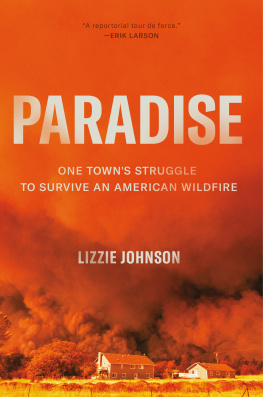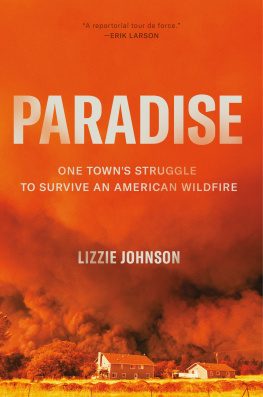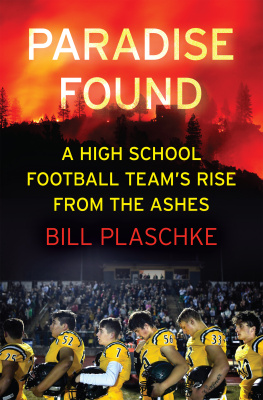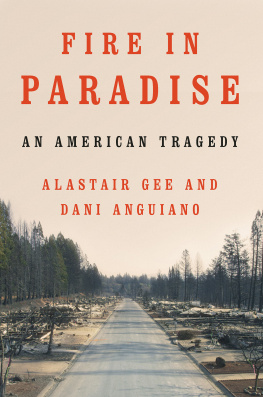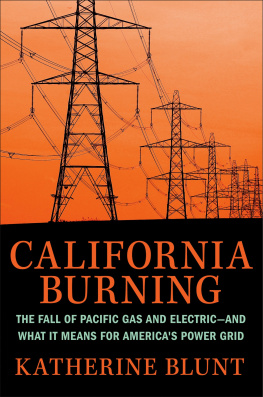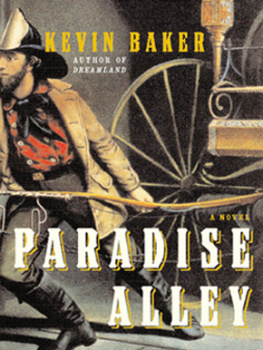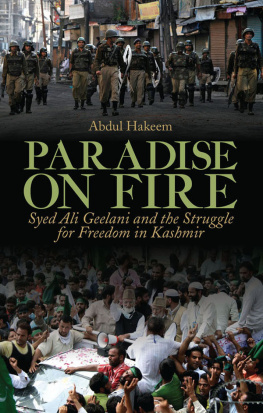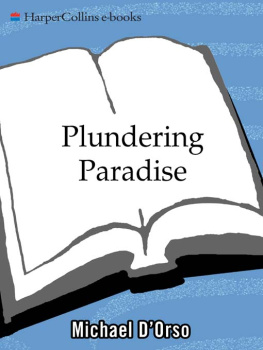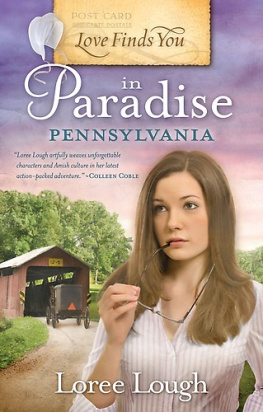Contents
Landmarks
Print Page List
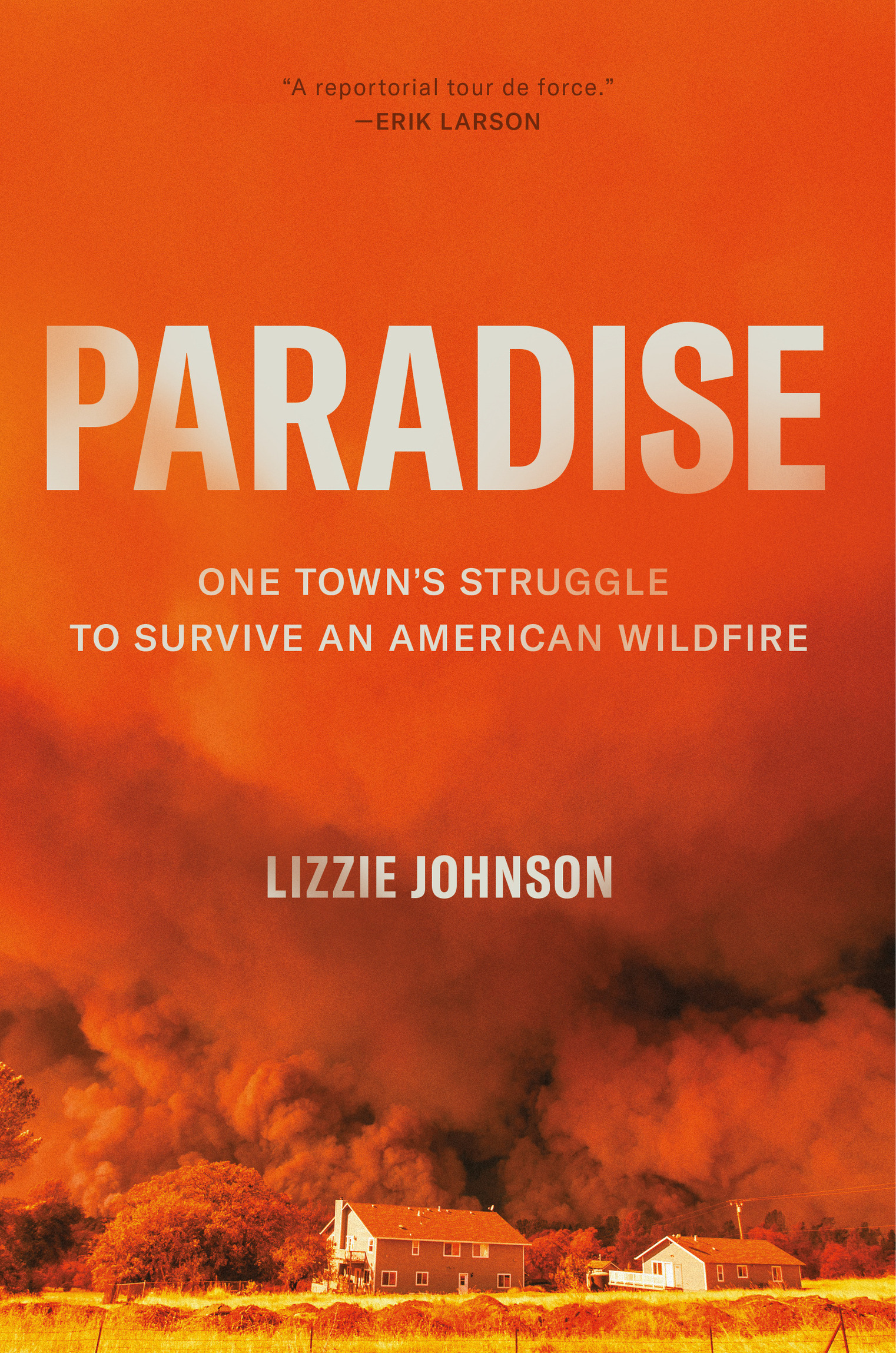
Praise for Paradise
In a remarkable feat of empathetic reporting, Paradise takes us inside the lives of people facing a rapidly unfolding horror. Lizzie Johnson has a masterful command of this rich and tragic story, and to read it is to experience a visceral sense of the fear, uncertainty, and ultimately resilience of those who fought their way through it. If you think you know the story of the Camp Fire, one of the deadliest in U.S. history, think again. Equal parts thriller, investigation, and deeply rendered portrait of an American town, Paradise will leave you breathless.
Evan Ratliff, author of The Mastermind
This book kept me up reading late into the night and then buried itself so deep in my head that I couldnt fall asleep. Lizzie Johnson has written the rare page-turner built on empathy and rigorous reporting. Paradise is both a definitive account of Californias historic wildfire and a crucial warning of the disasters to come.
Eli Saslow, author of Rising Out of Hatred
In Paradise, Lizzie Johnson masterfully weaves together stories of improbable survival and immeasurable loss to create a compelling portrait of a community brought to its knees by a ferocious fire stoked by the forces of greed, mismanagement, and the worsening effects of a warming climate. This is a book about the strength of the human spirit, and also an urgent and necessary call for action.
Fernanda Santos, author of The Fire Line
This account of the deadliest wildfire in California history is a triumph of reportage and storytelling. Out of the ash, Lizzie Johnson has written a memorial to its victims, a tribute to its heroes and survivors, and a reckoning of its kindling and match. Among the culpable, we find ourselves.
Mark Arax, author of The Dreamt Land
Paradise is an extraordinary book. The enormity of nature, the humanity and dignity of individual people confronting itLizzie Johnson has woven it all together brilliantly.
Jon Mooallem, author This Is Chance!
[Johnson] balances the horror with compassion. Crucial, comprehensive, and moving.
Publishers Weekly
Johnson had a firsthand view of [Paradises] destruction (eighty-five people died) and has since put together this important minute-by-minute document of the consequences of climate change, based on frontline reporting, public records, and extensive interviews with survivors.
Literary Hub
A masterly accountJohnson does for Californias deadliest wildfire what Sheri Fink did for Hurricane Katrina in Five Days at Memorial. With stellar reporting, she tells the moment-by-moment story of an unfolding disaster, showing its human dramas as well as the broader corporate and governmental missteps that fueled it. The book is unmatched for the depth, breadth, and quality of its reporting on a major twenty-first-century wildfire, and its likely to become the definitive account of the catastrophe in Paradise.
Kirkus Reviews (starred review)
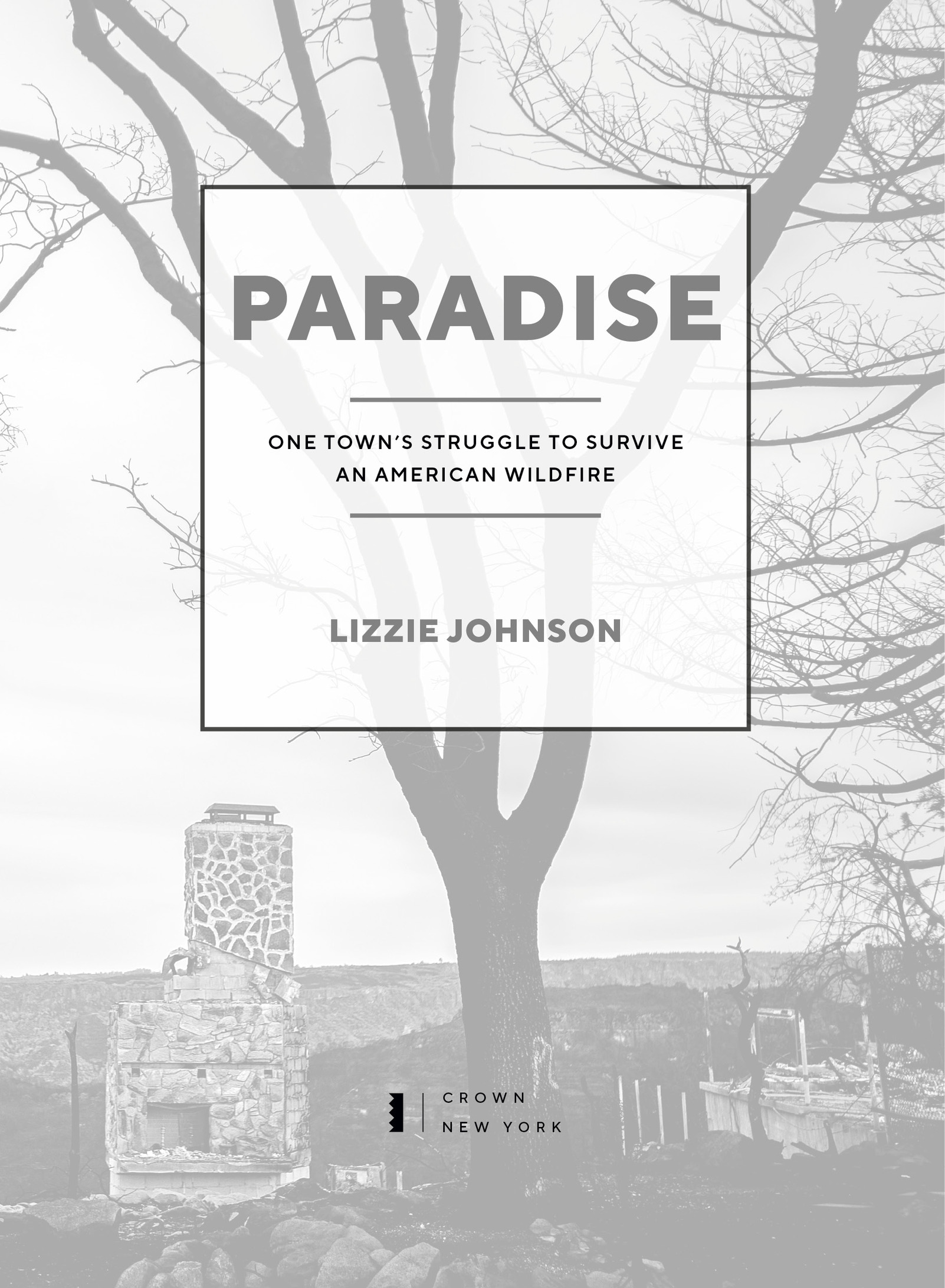
Copyright 2021 by Lizzie Johnson
All rights reserved.
Published in the United States by Crown, an imprint of Random House, a division of Penguin Random House LLC, New York.
Crown and the Crown colophon are registered trademarks of Penguin Random House LLC.
Title page photo courtesy of Noah Berger / Associated Press
Library of Congress Cataloging-in-Publication Data
Names: Johnson, Lizzie, author.
Title: Paradise / Lizzie Johnson.
Description: First edition. | New York: Crown, [2021] | Includes bibliographical references and index.
Identifiers: LCCN 2021012297 (print) | LCCN 2021012298 (ebook) | ISBN 9780593136386 (hardcover) | ISBN 9780593136393 (ebook)
Subjects: LCSH: Pacific Gas and Electric CompanyHistory21st century. | Camp Fire, Paradise, Calif., 2018. | WildfiresCaliforniaParadise. | Paradise (Calif.)History21st century.
Classification: LCC SD421.32.C2 J64 2021 (print) | LCC SD421.32.C2 (ebook) | DDC 363.37/909794dc23
LC record available at lccn.loc.gov/2021012297
LC ebook record available at lccn.loc.gov/2021012298
Ebook ISBN9780593136393
crownpublishing.com
Maps by Jeffrey L. Ward
Cover design: Elena Giavaldi
Cover photograph: Josh Edelson/ Getty Images
ep_prh_5.7.1_c0_r0
Contents
Where we see the appearance of a chain of events, he sees one single catastrophe, which unceasingly piles rubble on top of rubble and hurls it before his feet. He would like to pause for a moment so fair, to awaken the dead and to piece together what has been smashed. But a storm is blowing in from Paradise, it has caught itself up in his wings and is so strong that the angel can no longer close them. The storm drives him irresistibly into the future, to which his back is turned, while the pile of debris before him grows sky-high.
Walter Benjamin, On the Concept of History
AUTHORS NOTE
KONKOW LEGEND
I first learned of the Konkow legend on a chilly spring day in March 2019, as I stood high on a plateau above the town of Concow. The director of the Butte County Fire Safe Council had invited me and two dozen others on a tour of the burn zone of the Camp Fire, the deadliest wildfire in California history, which had occurred four months before. By this point, she had given several of these tours to politicians and civilians alike; she hoped that people would leave better educated about the states fire risk and what could be done about it.
From our vantage point, the reservoir was a dark bruise ringed by charred evergreen forest. As residents commiserated over their losses, remarking on how hot the Camp Fire had burned and how fast it had moved, a couple from the Konkow tribe, who happened to be on the tour, offered to share a story.
Their ancestors, they said, had once witnessed a wildfire similar to the one Butte County had just experienced. Two young boys had thrown pitch pine sticks onto a campfire, accidentally igniting a conflagration. The outcome was horrible. Most of the tribe died, and the few who survived had been forced to move north. This tale, they said, had been passed down through the generations and later translated into English. Hearing the story that afternoon, I was struck by how the Konkow legend offered a remarkable glimpse into the pastsomething never captured in modern statistics and rarely by history textbooksof what tribal ancestors had witnessed long before white settlers arrived and displaced them, before housing developments were carved into sacred land.
Later, I asked the couple if they might be willing to send me a recording of the legend. They kindly agreed. Elements of their tale have been interspersed throughout this book.
To me, the legend illustrates the cyclical nature of wildfires and suggests how we can better adapt as the climate changes. Managing fire, as Native Americans have done for thousands of years, rather than fighting it at every turn, can prevent tragedy. The Konkows once cultivated low-intensity burns, scorching the forest floor as a vegetation management practice. The technique was widely useduntil European settlers, who viewed fire as unnatural and evil, arrived and quashed it. Conflagrations could still prove deadly, as the Konkow tale shows, but the land always healed and regenerated, healthier for the burn. Even today, the tribe maintains a deep respect for fire.

